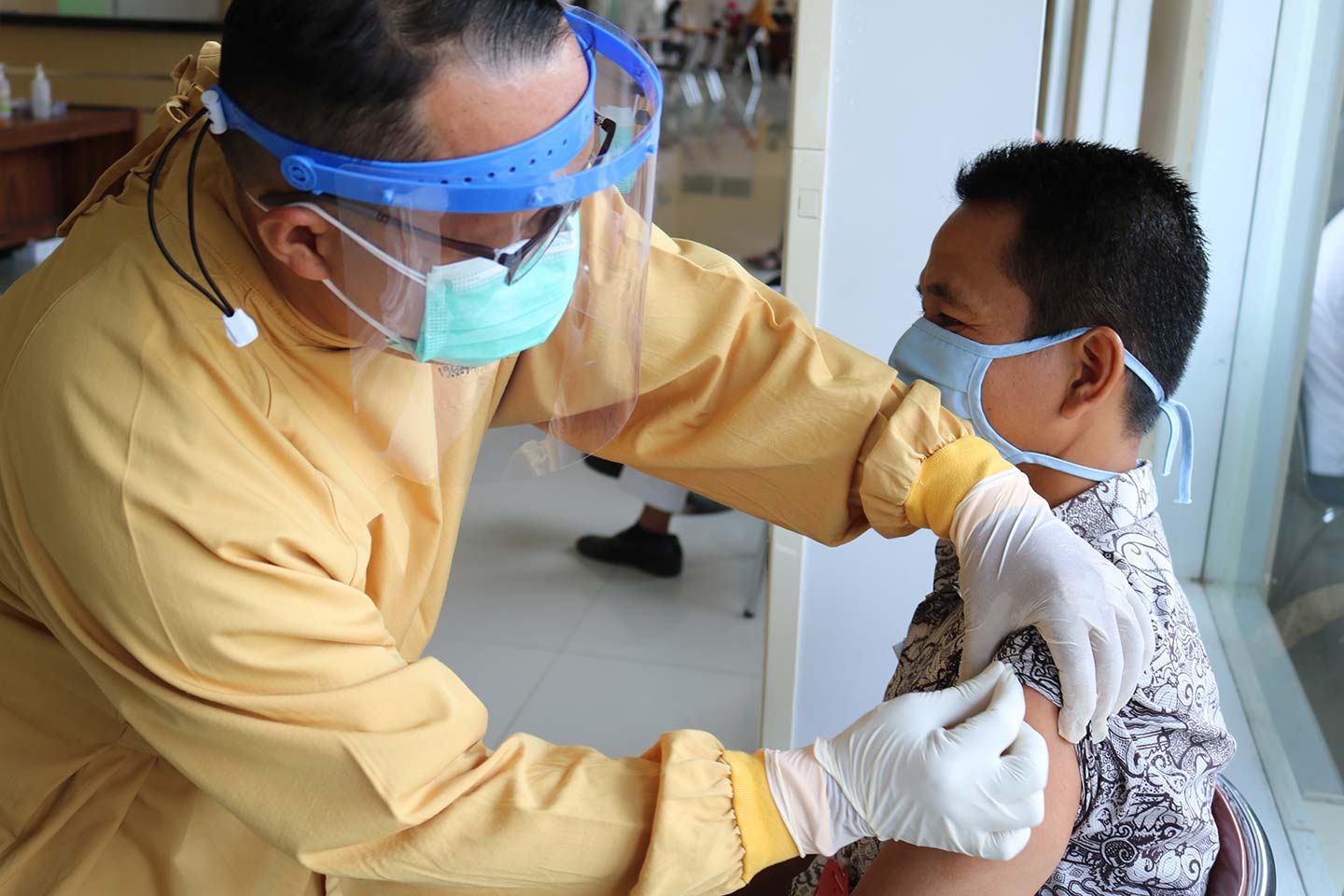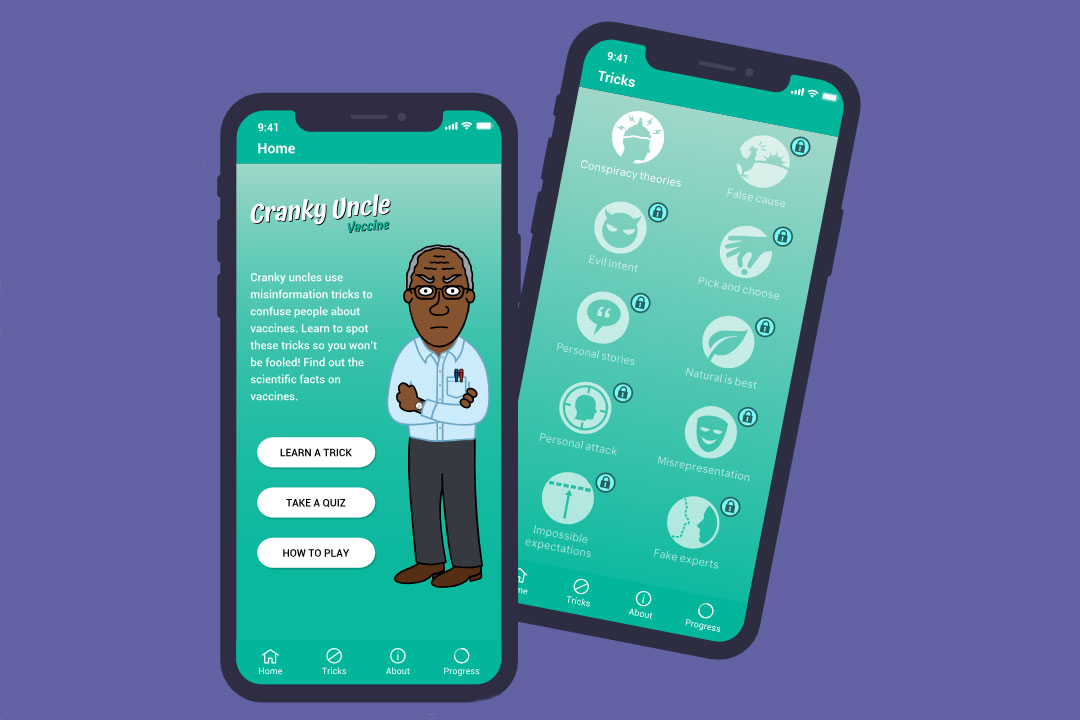Can you test positive for COVID-19 test after getting the vaccine?
As more people get vaccinated, and testing requirements are becoming commonplace to allow freedom to travel and work, we look at the circumstances under which you could test positive for COVID-19 even after being vaccinated.
- 2 June 2021
- 4 min read
- by Priya Joi

Vaccinations help us develop immunity by imitating the way a pathogen triggers our immune system to fight it, but in a way that doesn’t cause disease.
But since we know that COVID-19 infection can be asymptomatic (that is without any tell-tale signs to indicate when we’re infected) and given that vaccines don’t stop transmission completely, how likely is it that we might have a positive test after being vaccinated?
The vaccine causes your immune system to produce antibodies, which could in theory show up as positive on an antibody test.
Testing for the presence of the virus
Getting vaccinated won’t make you show up as positive on PCR tests. That’s because these tests look for copies of the genetic material of the virus as an indication that you have been infected. But vaccines only show a part of the coronavirus to our immune systems to trigger a reaction, and at most may only contain a very small part of the complete genetic material of the virus, and so won’t get detected by these tests.
Moreover, the virus can only be present in a significant amount when it is a live virus that is able to replicate. Thus even though some vaccines are made with viral RNA or DNA, they won’t lead to a positive PCR test result. That’s because the small part of the pathogen’s genetic material contained within the vaccine cannot replicate and therefore cannot cause infection or trigger a positive PCR test result.
Catching COVID-19 after vaccination
The only ways you could test positive on a PCR test after being vaccinated would be if you were one of the rare cases where the vaccine didn’t protect you from infection, or if you got a false positive test result. The COVID-19 vaccines currently being rolled out are extremely effective, with most able to prevent at least 95% of infections, with only a small percentage of ‘breakthrough’ infections occurring. These are typical with other vaccines too.
For COVID-19, so far these kinds of infection seem to be extremely rare, with one US Centers for Disease Control and Prevention (CDC) report showing that breakthrough infections happened in only 0.1% of fully vaccinated people, and only 2% of those died.
Have you read?
In addition, people who become infected even after being vaccinated are likely to have mild symptoms as the immune boost from the vaccine can protect against severe disease.
It’s important to note that people who have only had one dose of the vaccine are not yet fully protected and are advised to take the same precautions as non-vaccinated people in terms of social distancing and wearing masks. Many countries recommend that given the small risk of transmission, even vaccinated people should follow this guidance.
What about antibody tests after vaccination?
If you get the COVID-19 vaccine and then get tested for the infection, would you expect an antibody test to be positive (as a sign you have antibodies) or negative (to prove you haven’t caught the disease)? In reality you could have either, but neither would have a bearing on whether the vaccine was effective.
The vaccine causes your immune system to produce antibodies, which could in theory show up as positive on an antibody test. Even if you believe you had never been infected, this result could also mean you had previously been infected with COVID-19 and been asymptomatic, and so cannot be relied upon to indicate that the vaccine has caused immunity. In addition, even when your body does produce antibodies after vaccination, they can take a few weeks to build up and then levels can drop off again, so they may be present in undetectable quantities that don’t show up on an antigen test.
Also a negative result even after vaccination can occur because the antibody test (also called a serology test) might be detecting antibodies to a different part of the virus, such as the nucleocapsid protein, to the one targeted by the vaccine, like the spike protein. This is why the US CDC advises that serology tests should not be used to test for immunity.








